U.S. army suicide rate continues to rise
The U.S. Army stated its suicide rate among soldiers continued to rise last year, and is now nearly double the rate recorded before the invasion of Iraq.
Friday, 30.05.2008.
15:39

The U.S. Army stated its suicide rate among soldiers continued to rise last year, and is now nearly double the rate recorded before the invasion of Iraq. The army says it has confirmed that 115 active-duty soldiers committed suicide last year, with two more investigations still pending. That is a rate of nearly 19 per 100,000 soldiers. U.S. army suicide rate continues to rise The rate was just under 10 per 100,000 in 2002, before the Iraq invasion, and has been rising steadily, except for one year, ever since. The rates for the last two years are the highest since record keeping began in 1980. Army officials say the military suicide rate is still lower than the rate for people of similar age and education level in the rest of American society. But they say it is too high because the Army should be able to provide mental health care and other support to its troops. Officials say personal issues such as relationship problems, trouble at work and legal or financial difficulty are among the main causes of suicide in the military, just like among the civilian population. But Colonel Elspeth Ritchie, a psychiatrist in the Army Surgeon General's office, acknowledges that the stress of the wars in Iraq and Afghanistan is also part of the reason for the rising suicide rate in the Army. "We see a lot of things that are going on in the war which do contribute," said Colonel Ritchie. "Mainly is the long-time and multiple deployments away from home, the exposure to really terrifying and horrifying things, the easy availability of loaded weapons and a force that's very, very busy right now. And so all of those together, we think, are part of what may contribute, especially if somebody is having difficulties already." Still, officials report 26 per cent of the soldiers who committed suicide last year had never been deployed to Iraq or Afghanistan. The Army says it is working hard to improve access to mental health care among the troops, to reduce the stigma often attached to seeking counseling, and to train soldiers to recognize signs of stress in themselves and their comrades. But senior officers also acknowledge there is much more work to be done to help soldiers deal with personal problems compounded by the stress of combat.
U.S. army suicide rate continues to rise
The rate was just under 10 per 100,000 in 2002, before the Iraq invasion, and has been rising steadily, except for one year, ever since. The rates for the last two years are the highest since record keeping began in 1980.Army officials say the military suicide rate is still lower than the rate for people of similar age and education level in the rest of American society. But they say it is too high because the Army should be able to provide mental health care and other support to its troops.
Officials say personal issues such as relationship problems, trouble at work and legal or financial difficulty are among the main causes of suicide in the military, just like among the civilian population.
But Colonel Elspeth Ritchie, a psychiatrist in the Army Surgeon General's office, acknowledges that the stress of the wars in Iraq and Afghanistan is also part of the reason for the rising suicide rate in the Army.
"We see a lot of things that are going on in the war which do contribute," said Colonel Ritchie. "Mainly is the long-time and multiple deployments away from home, the exposure to really terrifying and horrifying things, the easy availability of loaded weapons and a force that's very, very busy right now. And so all of those together, we think, are part of what may contribute, especially if somebody is having difficulties already."
Still, officials report 26 per cent of the soldiers who committed suicide last year had never been deployed to Iraq or Afghanistan.
The Army says it is working hard to improve access to mental health care among the troops, to reduce the stigma often attached to seeking counseling, and to train soldiers to recognize signs of stress in themselves and their comrades.
But senior officers also acknowledge there is much more work to be done to help soldiers deal with personal problems compounded by the stress of combat.











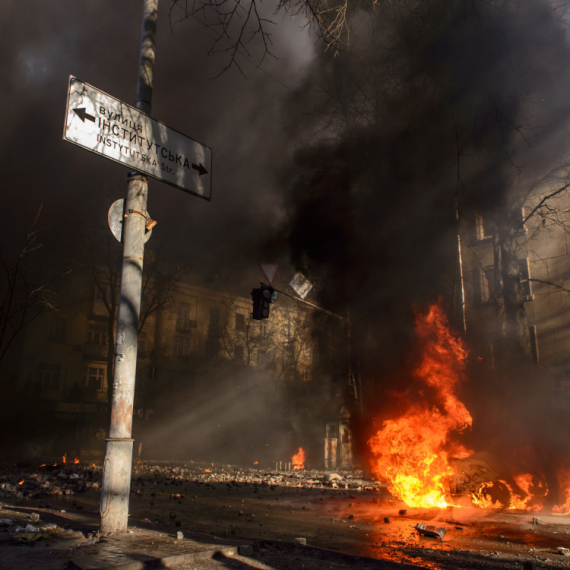
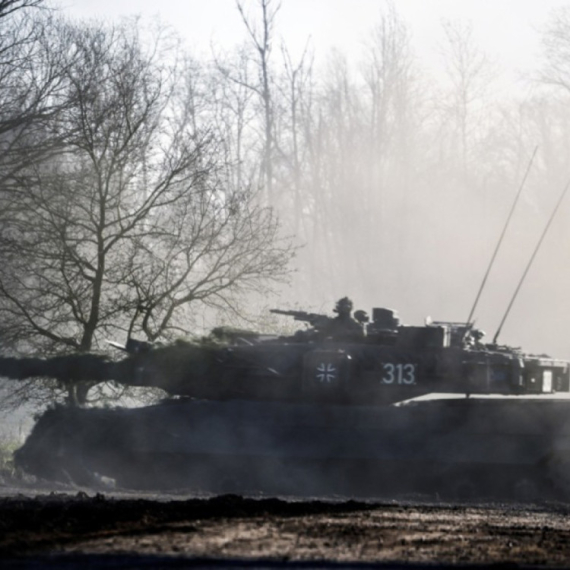
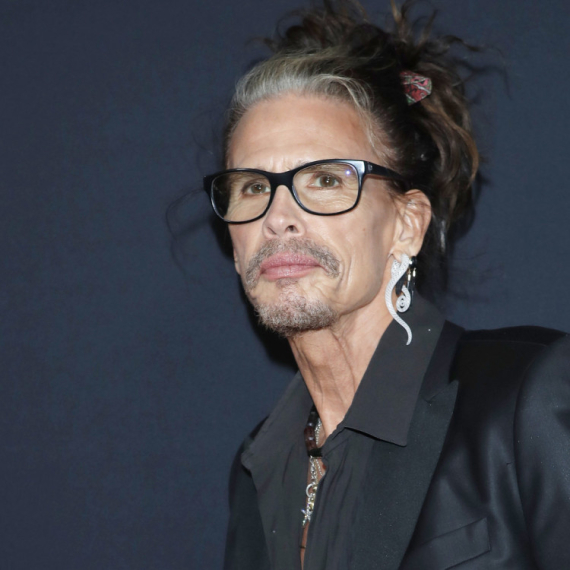
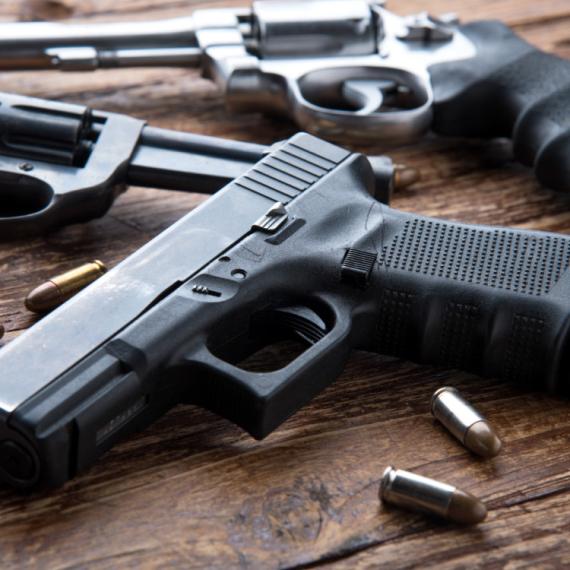
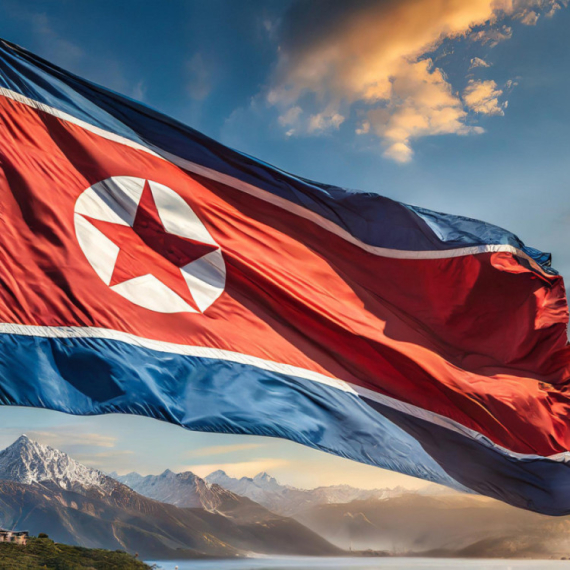
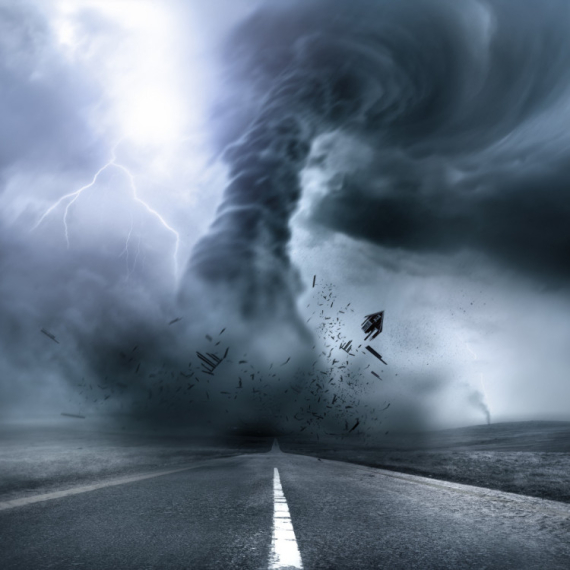
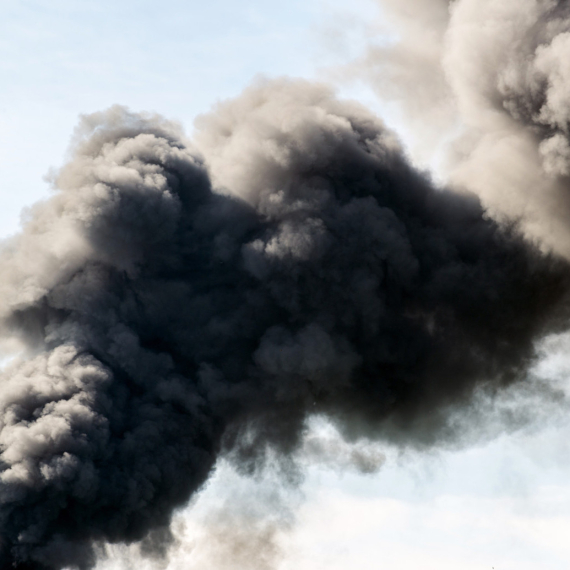








































Komentari 0